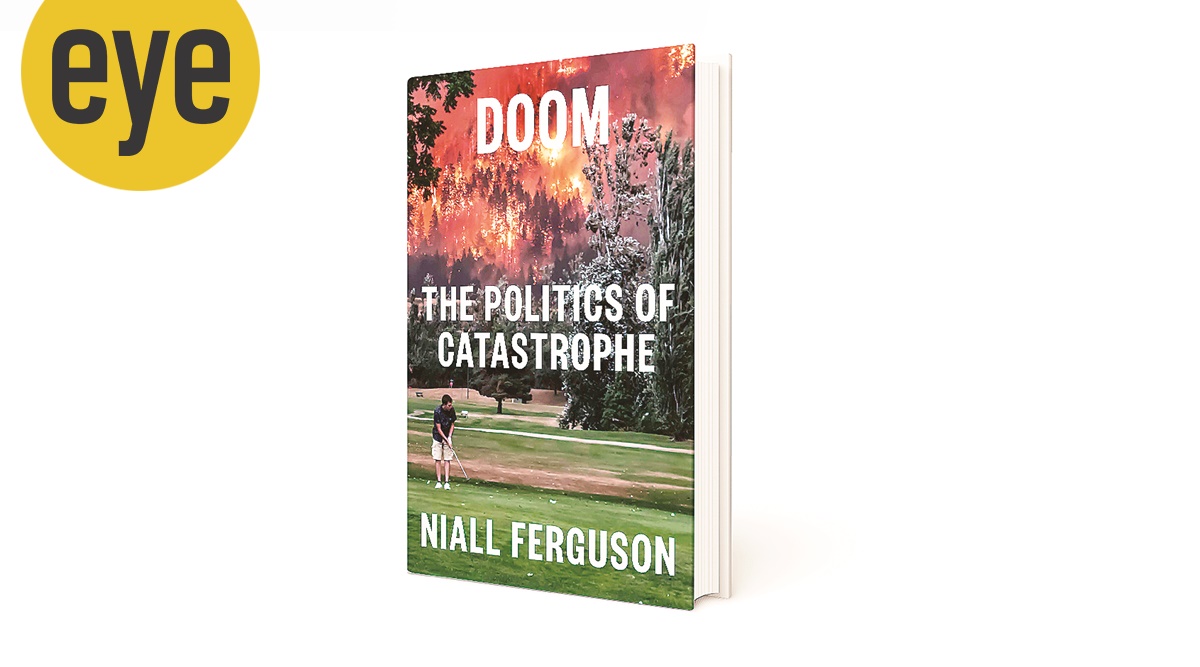
“ Doom covers an impressive sweep of history at a lively narrative clip and weaves a lot of disparate strands together into an engaging picture.” - The Guardian immensely readable book.” -The Financial Times Forecasting, network science, economics, epidemiology, together with the psychology of leadership are all considered in a dazzlingly broad examination of the ‘politics of catastrophe’. “ Doom seeks to understand why humanity, time and again through the ages, has failed to prepare for catastrophes, whether natural or manmade. Insightful, productively provocative and downright brilliant.” -New York Times Book Review Promises to make a contribution to improving our management of future disasters. Belongs on the shelf next to recent ambitious and eclectic books by authors like Jared Diamond, Nassim Nicholas Taleb and Steven Pinker. “ hopscotches breezily across continents and centuries while also displaying an impressive command of the latest research in a large number of specialized fields, among them medical history, epidemiology, probability theory, cliodynamics and network theory. In books going back nearly twenty years, including Colossus, The Great Degeneration, and The Square and the Tower, Ferguson has studied the foibles of modern America, from imperial hubris to bureaucratic sclerosis and online fragmentation.ĭrawing from multiple disciplines, including economics, cliodynamics, and network science, Doom offers not just a history but a general theory of disasters, showing why our ever more bureaucratic and complex systems are getting worse at handling them.ĭoom is the lesson of history that this country-indeed the West as a whole-urgently needs to learn, if we want to handle the next crisis better, and to avoid the ultimate doom of irreversible decline.

Why? Why did only a few Asian countries learn the right lessons from SARS and MERS? While populist leaders certainly performed poorly in the face of the COVID-19 pandemic, Niall Ferguson argues that more profound pathologies were at work-pathologies already visible in our responses to earlier disasters. Yet in 2020 the responses of many developed countries, including the United States, to a new virus from China were badly bungled.


But when disaster strikes, we ought to be better prepared than the Romans were when Vesuvius erupted, or medieval Italians when the Black Death struck. and wars, are not normally distributed there is no cycle of history to help us anticipate the next catastrophe.

Pandemics, like earthquakes, wildfires, financial crises. Setting the annus horribilis of 2020 in historical perspective, Niall Ferguson explains why we are getting worse, not better, at handling disasters.ĭisasters are inherently hard to predict. "All disasters are in some sense man-made."


 0 kommentar(er)
0 kommentar(er)
